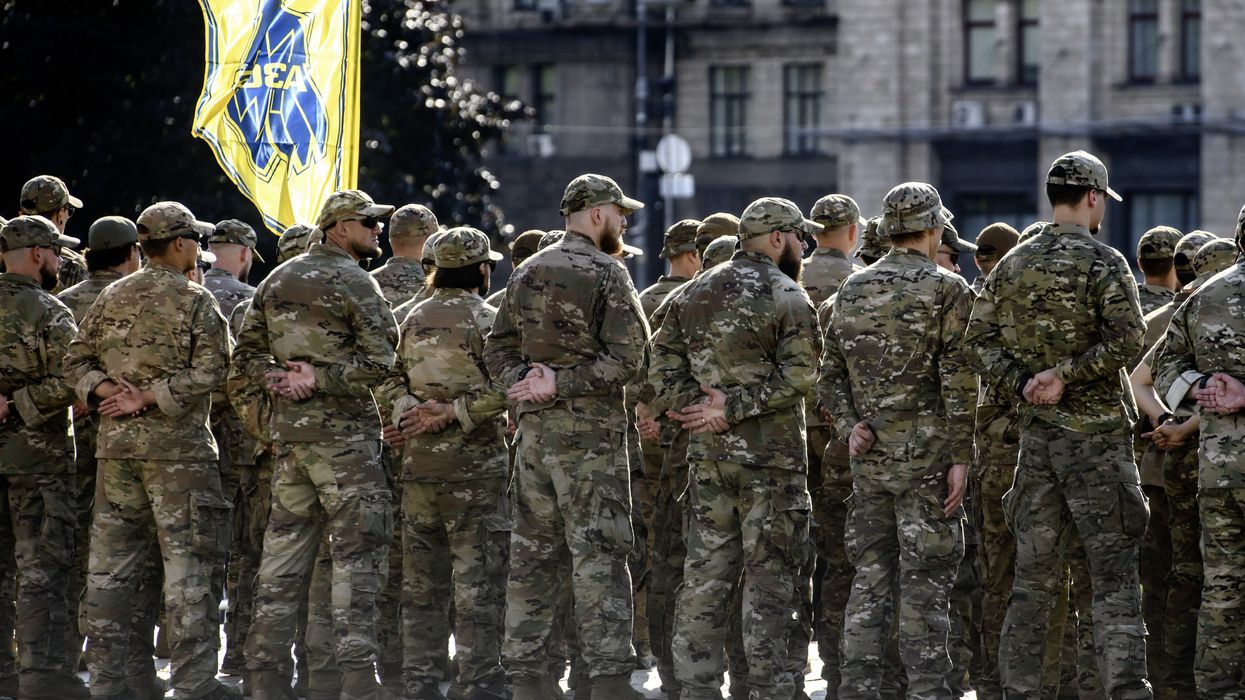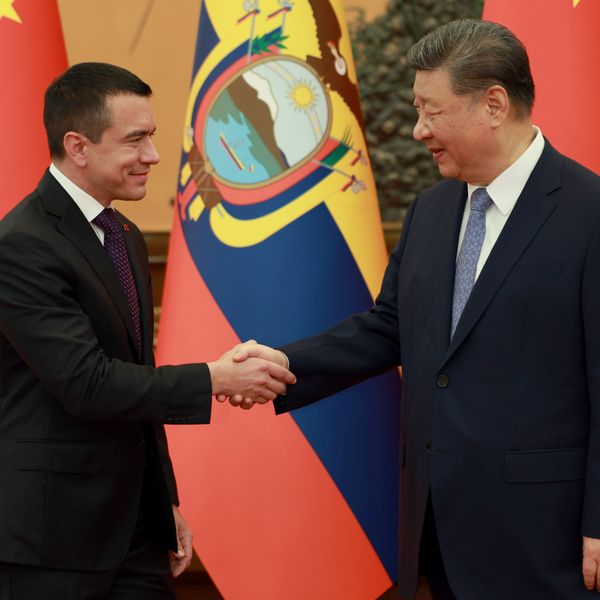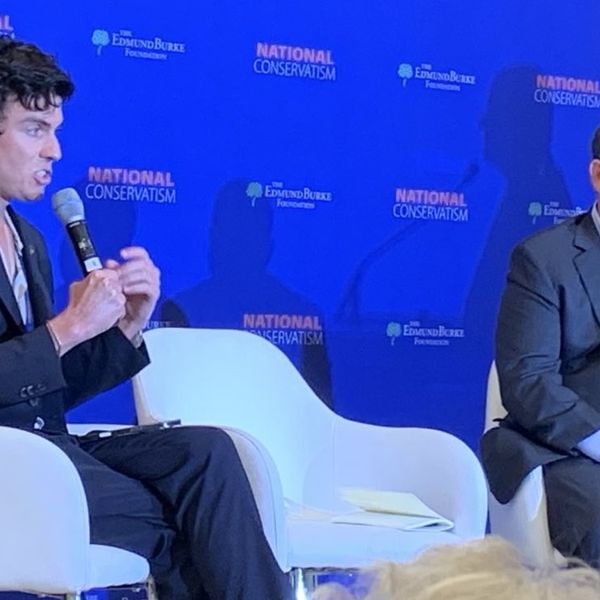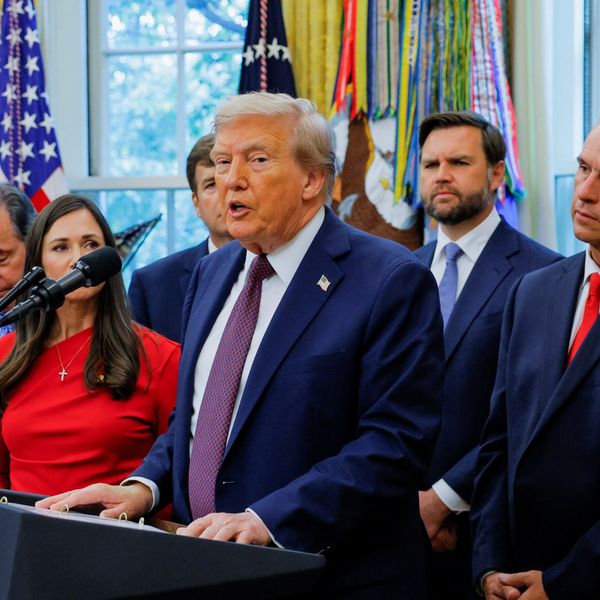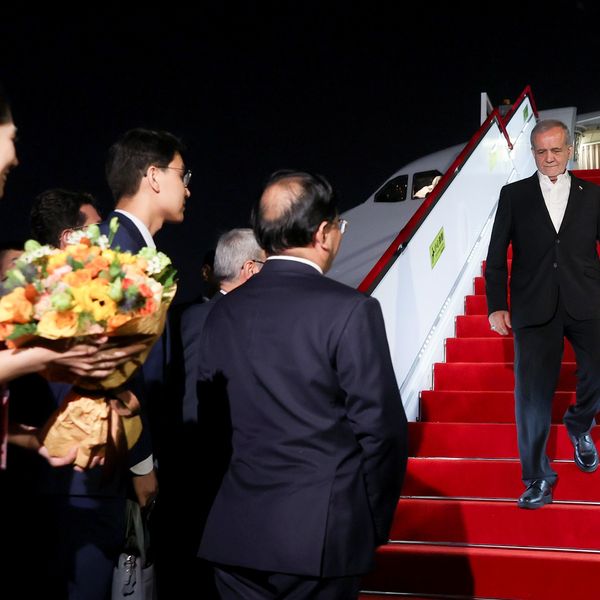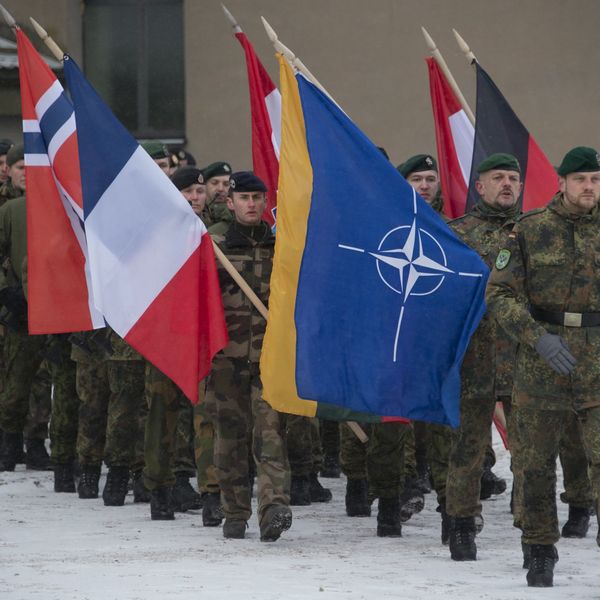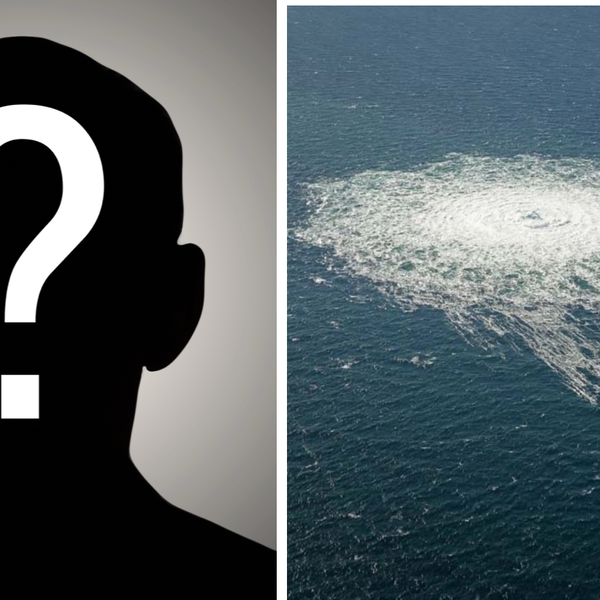The controversial leader of Haiti was shot and killed, his wife wounded, in his home on Wednesday, according to multiple reports this morning.
Interim prime minister Claude Joseph said president Jovenel Moïse was killed by gunmen overnight. He called the attack “odious, inhuman and barbaric” and called for calm.
Haiti has been on a slow boil for the last several months as Moïse was accused of violating the constitution and election law by extending his term as president when he was supposed to step down on Feb. 7, spurring protests. This followed, according to writer-activist Brian Concannon, years of corruption, gang violence and brutal crackdowns on dissent. He wrote in Responsible Statecraft in March that just before Feb. 7, Moïse's police arrested a Supreme Court justice and several dissidents in what he believed was an attempted coup plot, and later fired the justice and two of the judge's colleagues, as police violently cracked down on ensuing protests.
To say the climate was tense before today, and that Haiti has never recovered from not only its devastating natural disasters, but the systematic corruption, autocratic rule, and poverty dominating the island, is an understatement. More details will follow in Moïse's assassination, but unfortunately the script was written long ago, making the plot ring all too familiar.



